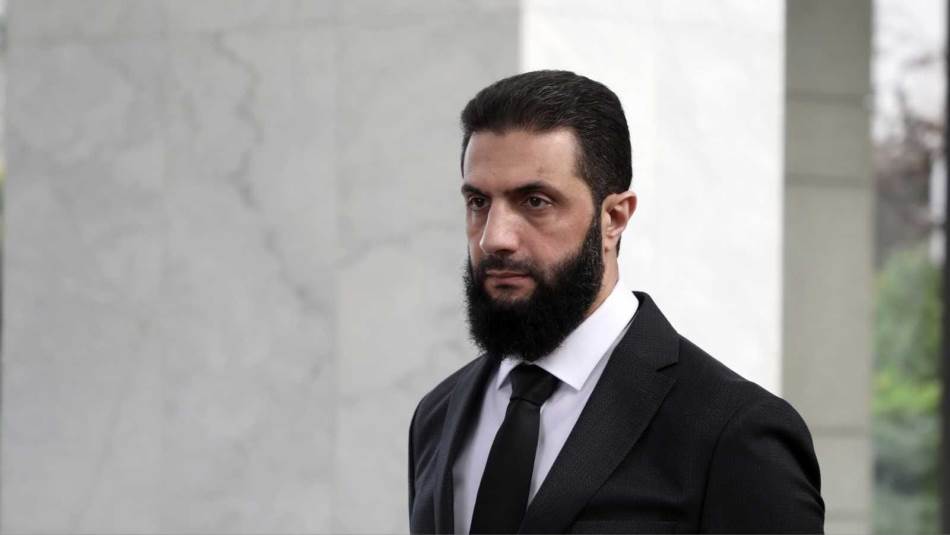Syrian President Ahmad al-Sharaa has issued a presidential decree lifting precautionary asset seizures imposed on tens of thousands of Syrians accused of opposing the former regime of Bashar al-Assad—including political detainees previously labeled as “terrorists” for their involvement in the Syrian uprising.
Decree No. 16: Undoing Financial Repression
Decree No. 16 annuls a sweeping set of asset freezes enacted by Syria’s Ministry of Finance under the directive of security agencies and based on Legislative Decree No. 63 of 2012. The measure instructs the Ministries of Finance, Interior, and Justice to expedite the necessary procedures to reverse these punitive decisions.
Finance Minister: “A Step Toward Justice”
In a statement commenting on the decree, Finance Minister Mohammad Yasser Barniyeh described the original asset seizures as “unjust directives issued by security agencies without judicial process.” He emphasized that these measures targeted individuals for their political stance and participation in the revolution, not for criminal wrongdoing.
“This decree reflects the Syrian state’s will to redress past injustices and revive economic activity,” Barniyeh said. He noted that approximately 91,000 Syrians had been deprived of their assets and property, and that the government is now committed to implementing the reversal in coordination with the Interior and Justice ministries.
Seizures as a Tool of Repression
During the years of the Syrian conflict, the Ministry of Finance, under Assad-era legislation, froze the assets of thousands of dissidents, using Decree No. 63 (2012) and Decree No. 10 (2018) as legal cover. These decrees allowed security services to confiscate the assets of detainees or anyone accused—often arbitrarily—of endangering “state security.”
A report by the Syrian Network for Human Rights (SNHR) previously identified these asset seizures as one of the regime’s primary methods of collective punishment and financial expropriation. The report, titled “The Syrian Regime Uses Asset Seizures as a Tool of Collective Punishment,” found that such orders were not based on legal proceedings but on opaque security decisions. The confiscated property was often used to fund the regime and to punish dissidents and their families, tightening legal, social, and economic restrictions on them.


